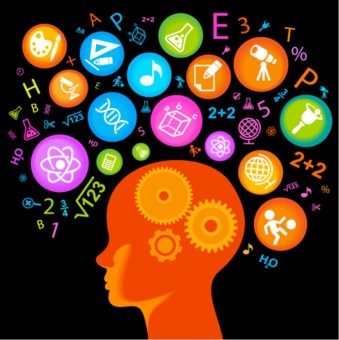We throw the word around a lot. Companies advertise for “creative types” to fill “creative roles”, look for people who have “creative thinking skills”, and are able to contribute “creative solutions and perspectives”. Companies claim to be “creative companies” or work in the “creative space”. Job candidates splash the word “creative” all across their resumes, their LinkedIn profiles, and their cover letters. There are industry competitions and awards given to companies in every industry from design to technology to architecture to medicine to law to fashion to agriculture that recognizes those who have been “creative”. But what exactly does it mean to be creative? What exactly IS creativity?
According to Merriam-Webster, the official definition of creativity is “the ability to make new things or think of new ideas”.
Now, as a business, there is no doubt that a creative workforce is a competitive advantage. Creativity spawns innovation, research & development, problem solving, decision-making, and more effective management and operations all around. But the big question remains…we know we need creativity in our workforce—is it something that can be learned?
In short, yes.
A study by George Land reveals that we are naturally creative and as we grow up we learn to be uncreative (!) Creativity is a skill that can be developed and a process that can be managed.
Great news! So how do we develop a workforce that can generate ideas?

There are five key behaviors that optimize your brain for creativity:
1. Associating: drawing connections between questions, problems, or ideas from unrelated fields.
2. Questioning: posing queries that challenge common wisdom.
3. Observing: analysing the behaviour of customers, suppliers, and competitors to identify new ways of doing things and other opportunities.
4. Networking: meeting people with different ideas and perspectives
5. Experimenting: constructing interactive experiences and provoking unorthodox responses to see what insights emerge.
Creativity is a practice, and if you practice these five discovery skills daily, skills in creativity and innovation will naturally develop.
